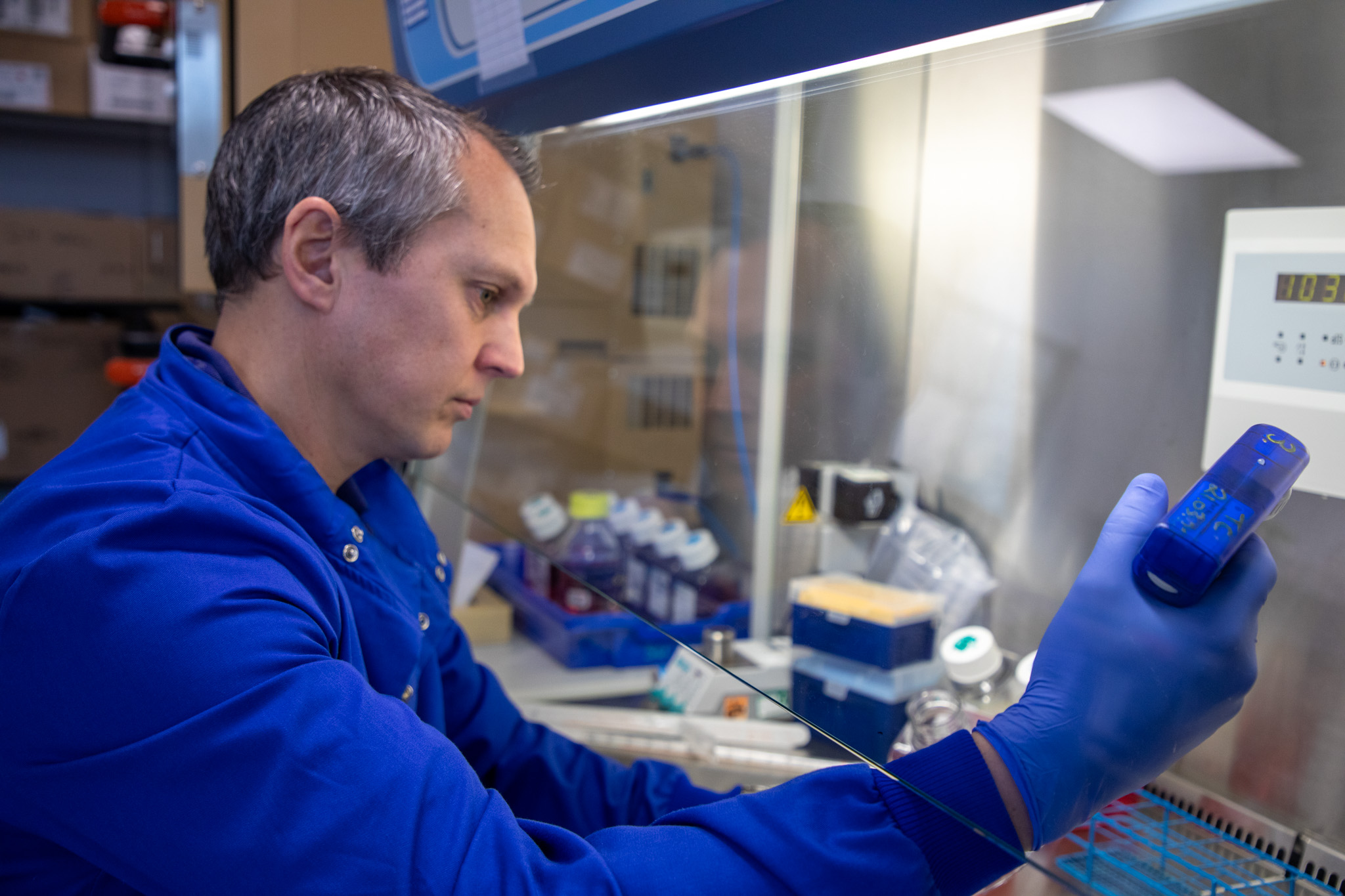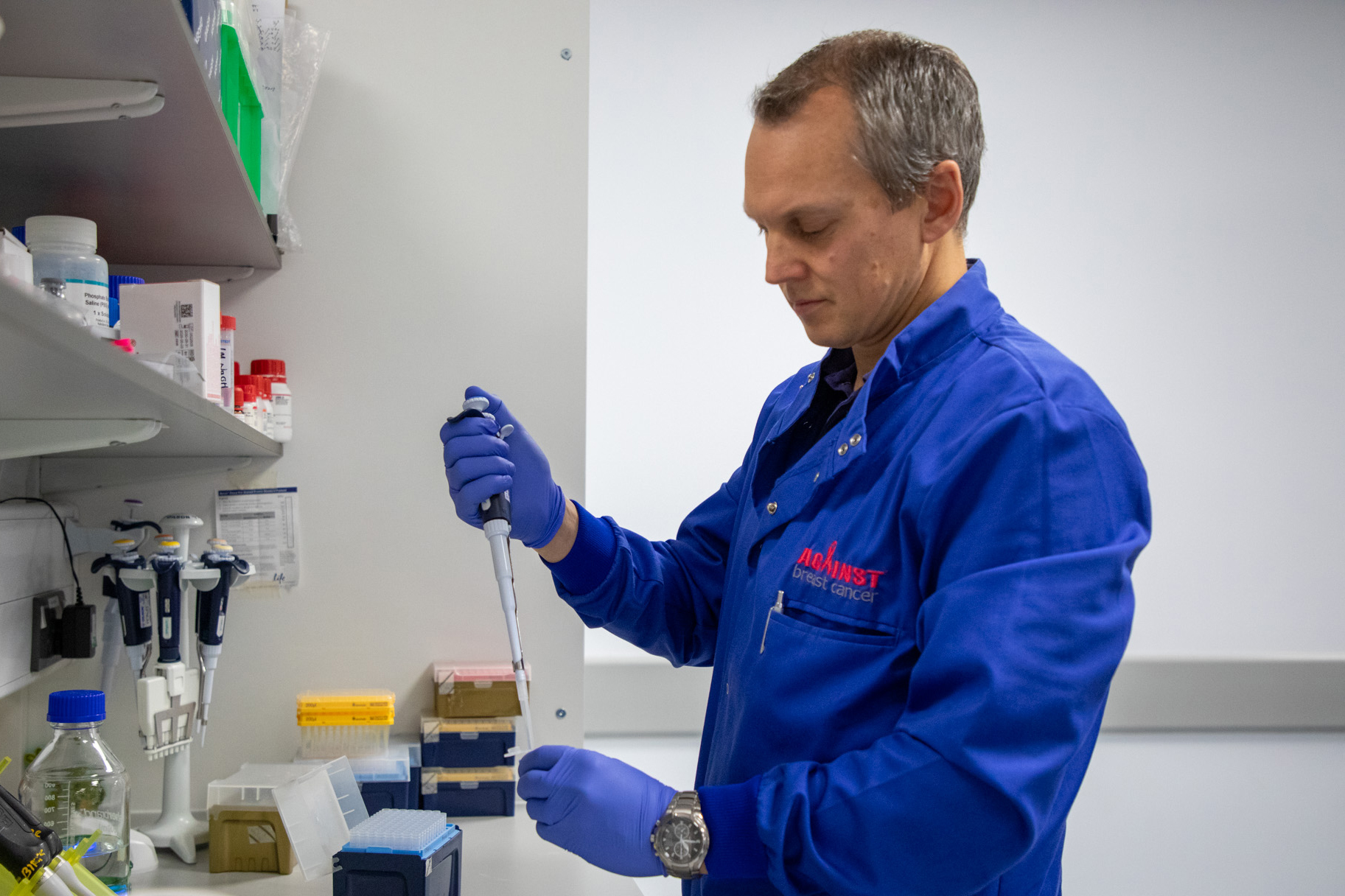
Researchers at the University of Southampton will investigate whether weight loss and diabetes medications such as Ozempic could help boost the effectiveness of immunotherapy.
They are undertaking a new research project to better understand why breast cancer is less responsive to treatment and more likely to spread in women with obesity.
The new project has received £243,000 from Against Breast Cancer to carry out the research over the next three years.
Women with obesity who develop breast cancer have a worse prognosis. They don't respond as well to treatments, including antibody therapy, which has been very effective in patients of a healthy weight.
Now researchers at Southampton's Centre for Cancer Immunology are investigating why this is the case and what can be done to make antibody treatments more effective in these patients.
Researchers will be using a newly developed 3D 'mini-tumour' research model that includes human breast cancer cells, fat cells, immune cells, and supporting tissue. It's the first to closely replicate the inflamed, fatty tumour environment found in obesity within a lab.
As the model can't fully replicate all aspects of breast cancer, researchers will also use mice on a high-fat diet to test a range of interventions.

Dr Charlie Birts , a lecturer in antibody therapeutics at the University of Southampton, is leading the research. He says: "In obesity, we often see that a lot of immune cells find it harder to get into the tumour, and when they do, they don't work as well as they should. We think the extra fat tissue that's surrounding the tumour is changing the nutrients that are available and increases the amount of inflammation, creating an inhospitable environment that makes it harder for immune cells to fight the cancer."
In women with obesity, breast cancer is more likely to spread to other parts of the body, such as the bones, the lungs and the liver, leading to a higher likelihood of poorer outcomes.
Preliminary data shows that when the tumour is growing in the breast it can start to 'prime' other sites in the body - creating a favourable environment for the cancer to spread to and grow. Part of the project will be looking at the mechanisms behind this spread and how obesity influences it.
Previous observational studies have shown that diabetic breast cancer patients taking metformin tend to have better overall outcomes than those not receiving the drug, and this may be particularly relevant in patients with obesity.
An exciting aspect of the project will look at how metformin and GLP-1 agonists (the wider scientific term for drugs like Ozempic and Mounjaro) that regulate the metabolism could be used in combination with antibody therapies to slow tumour growth.
Dr Birts commented: "These drugs have already been shown to be safe and are widely used in clinical practice. If we can show that combining these medications with antibody therapy improves the effectiveness of treatment, it could improve outcomes for breast cancer patients across a range of body weights."
"Against Breast Cancer are delighted to fund this exciting new study," said Dr Mark Powell, Research Manager at Against Breast Cancer. "Gaining a deeper understanding on why obesity increases the risk of secondary breast cancer and how diabetes and inflammation play a role could pave the way to tailored treatments and better outcomes for breast cancer patients."
Against Breast Cancer's mission is to fund research that prevents loss of life from secondary breast cancer, the leading cause of breast cancer deaths. This new Fellowship led by Dr Birts, complements our existing ABC Discover and ABC Therapeutic Antibody programmes, which are funded for five- and ten-years, respectively.






